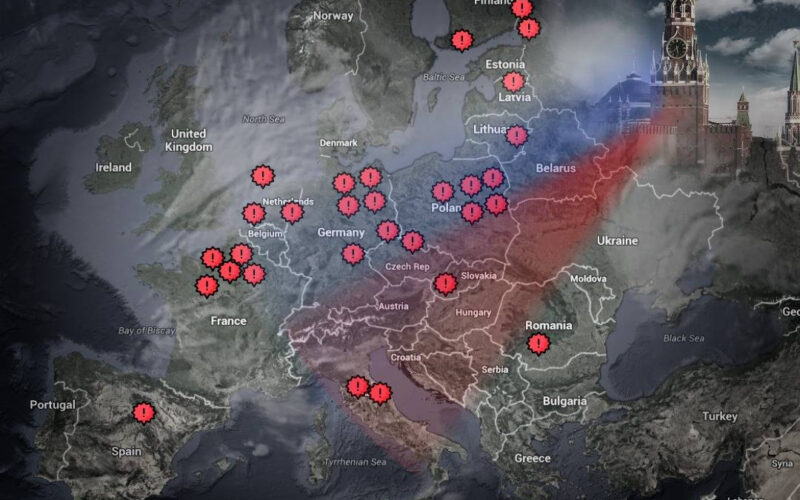
The Commission on Security and Cooperation in Europe (CSCE), also known as the U.S. Helsinki Commission reported 30 sabotage operations organized by the Kremlin within the EU over the past year, involving Islamist elements. The report states that Putin’s hybrid warfare extends beyond Ukraine and includes terrorist attacks in Western countries.
Due to the sanctions imposed by many European countries on Russian citizens, travel restrictions, and the expulsion of numerous spies operating under embassy cover, GRU agents have found it increasingly difficult to carry out operations in Europe. As a result, Russia is using citizens of NATO countries, recruiting them remotely through social networks, and who, for small sums of money, are willing to act against their own countries. The Kremlin has also started engaging new agents of influence – sleeper terrorist cells linked to ISIS and undercover operatives.
It is precisely these Kremlin-recruited saboteurs who are behind the recent series of arson attacks across Europe. Their actions have targeted the largest shopping center in Warsaw, an IKEA store in Vilnius, and a bus depot in Prague. Additionally, the report mentions the arson of the Diehl metallurgical plant in Berlin, whose products were being supplied to Ukraine.
The Kremlin is also conducting operations to destabilize Europe’s energy systems, including damage to the pipeline between Estonia and Finland and an attack on a power plant in Germany.
NATO countries are still trying to avoid direct confrontation with Russia, refraining from supplying long-range weapons to Ukraine, explaining that this could lead to an open conflict between the Western bloc and Moscow. However, a number of political scientists, journalists, and military experts point out that Russia is already waging a covert war against NATO.
